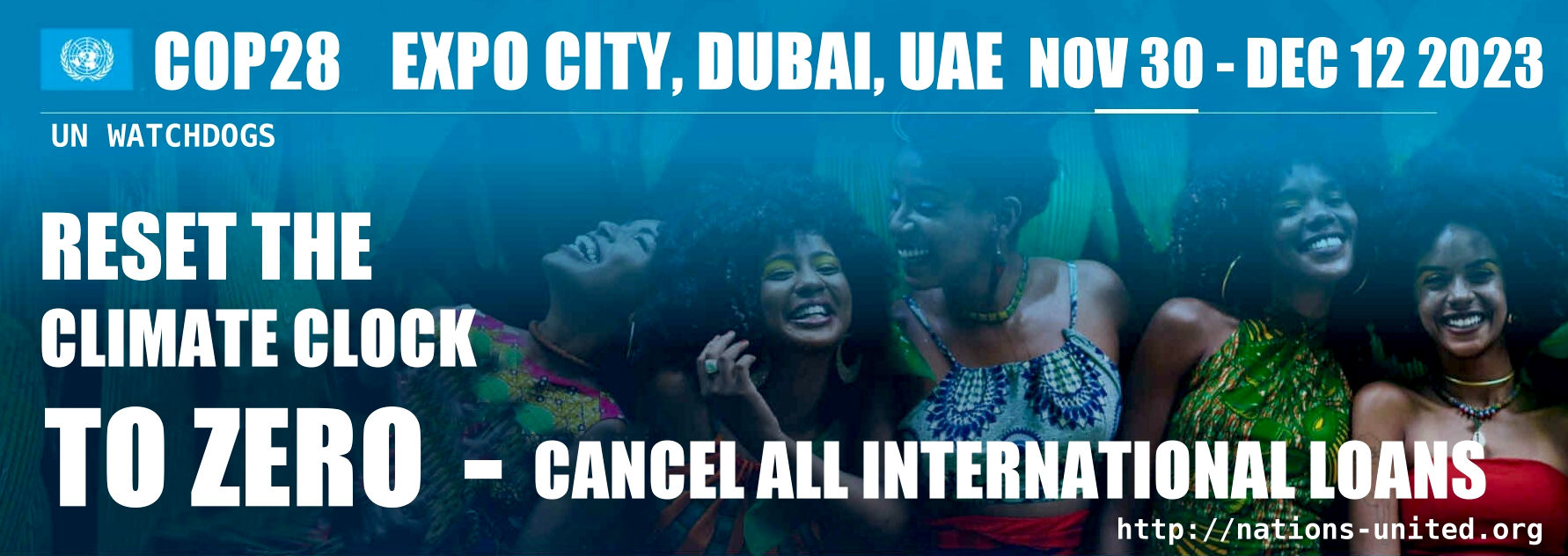
Anthony Norman Albanese is an Australian politician serving as the 31st and current prime minister of Australia since 2022. He has been leader of the Australian Labor Party (ALP) since 2019 and the member of parliament (MP) for Grayndler since 1996. Albanese previously served as the 15th deputy prime minister under the second Kevin Rudd government in 2013; he held various ministerial positions in the governments of Kevin Rudd and Julia Gillard from 2007 to 2013.
Albanese was born in Sydney to an Italian father and an Irish-Australian mother who raised him as a single parent. He attended St Mary's Cathedral College before going on to the University of Sydney to study economics. He joined the Labor Party as a student, and before entering Parliament worked as a party official and research officer. Albanese was elected to the House of Representatives at the 1996 election, winning the seat of Grayndler in New South Wales. He was first appointed to the shadow cabinet in 2001 by Simon Crean and went on to serve in a number of roles, eventually becoming Manager of Opposition Business in 2006.
After Labor's victory in the 2007 election, Albanese was appointed Leader of the House, and was also made Minister for Regional Development and Local Government and Minister for Infrastructure and Transport. In the subsequent leadership tensions between Kevin Rudd and Julia Gillard from 2010 to 2013, Albanese was publicly critical of the conduct of both, calling for party unity. After supporting Rudd in the final leadership ballot between the two in June 2013, Albanese was elected the deputy leader of the Labor Party and sworn in as deputy prime minister the following day, a position he held for less than three months, as Labor was defeated at the 2013 election.
After Rudd resigned the leadership and retired from politics, Albanese stood against Bill Shorten in the ensuing leadership election, the first to include party members in addition to MPs. Although Albanese won a large majority of the membership, Shorten won more heavily among Labor MPs and won the contest; Shorten subsequently appointed Albanese to his Shadow Cabinet. After Labor's surprise defeat in the 2019 election, Shorten resigned as leader, with Albanese becoming the only person nominated in the leadership election to replace him; he was subsequently elected unopposed as leader of the Labor Party, becoming Leader of the Opposition.
In the 2022 election, Albanese led his party to a decisive victory against Scott Morrison's Liberal-National Coalition. Albanese is the first Italian-Australian to become prime minister, the first Australian prime minister to have a non-Anglo-Celtic surname, and is the last of the 16 Australian prime ministers who have served under
Queen Elizabeth
II.
He was sworn in on 23 May 2022, alongside four senior frontbench colleagues. Albanese's first acts as prime minister included updating Australia's climate targets in an effort to reach carbon neutrality by 2050, and supporting an increase to the national minimum wage. His government legislated a national anti-corruption commission, and made major changes to Australian labour law.
In foreign policy, Albanese pledged further logistical support to Ukraine to assist with the Russo-Ukrainian war, has attempted to strengthen relations in the
Pacific region, and held a high-level meeting with Chinese president Xi Jinping, ending a diplomatic freeze between Australia and China.
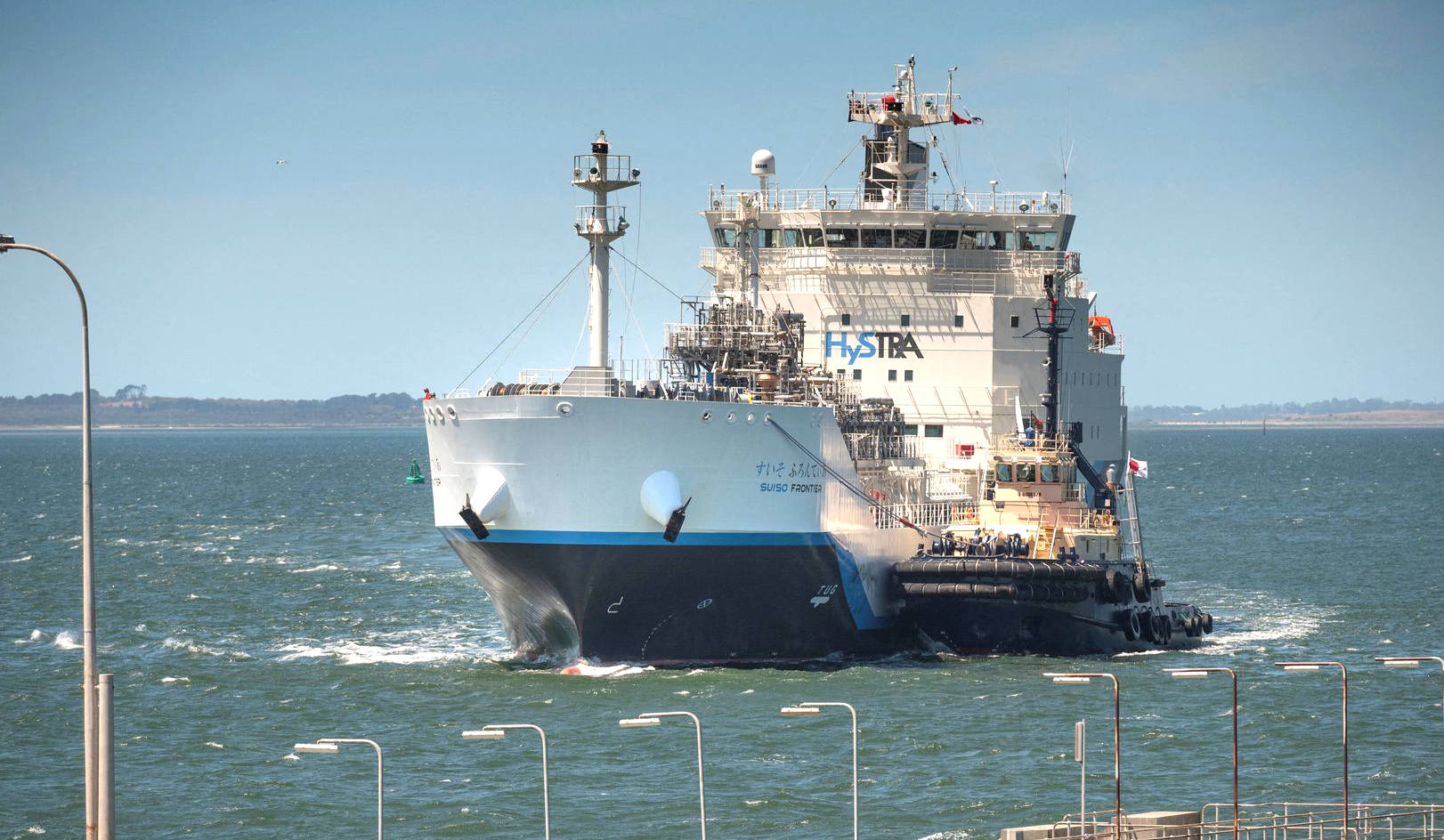
Climate change
On 16 June 2022, Albanese submitted a new Nationally Determined Contribution to the United Nations which formally committed Australia to reducing carbon emissions by 43% on 2005 levels. This represented an increase from the 26 to 28% target under the previous government. In September 2022, the Albanese government passed legislation to write this climate target into law. Albanese's government also entered a bid for Australia and its Pacific island neighbours to host the 2024 United Nations Climate Change conference.
While serving in the Gillard government, Albanese supported the introduction of carbon
pricing, and voted, along with the rest of the Labor Party, to establish the Clean Energy Act 2011, which instituted a carbon pricing scheme in Australia. After the Abbott government abolished the scheme in July 2014, Albanese stated that carbon pricing was no longer needed, as "the circumstances have changed".
Albanese is a prominent backer of renewable energy in Australia and has declared that the country's "long-term future lies in renewable energy sources". Upon his election in 2022, he said he would "end the climate wars" and mitigation and policies to address climate change in Australia would be a priority for his government, in contrast with those preceding it.
National anti-corruption commission
During the 2022 election campaign, Albanese pledged to establish a national anti-corruption commission, saying that it would be one of his "first priorities". On 27 September, attorney-general Mark Dreyfus introduced the relevant legislation to Parliament. The bill passed on 30 November 2022 in line with Albanese's commitment to legislate an anti-corruption commission prior to the end of the calendar year.
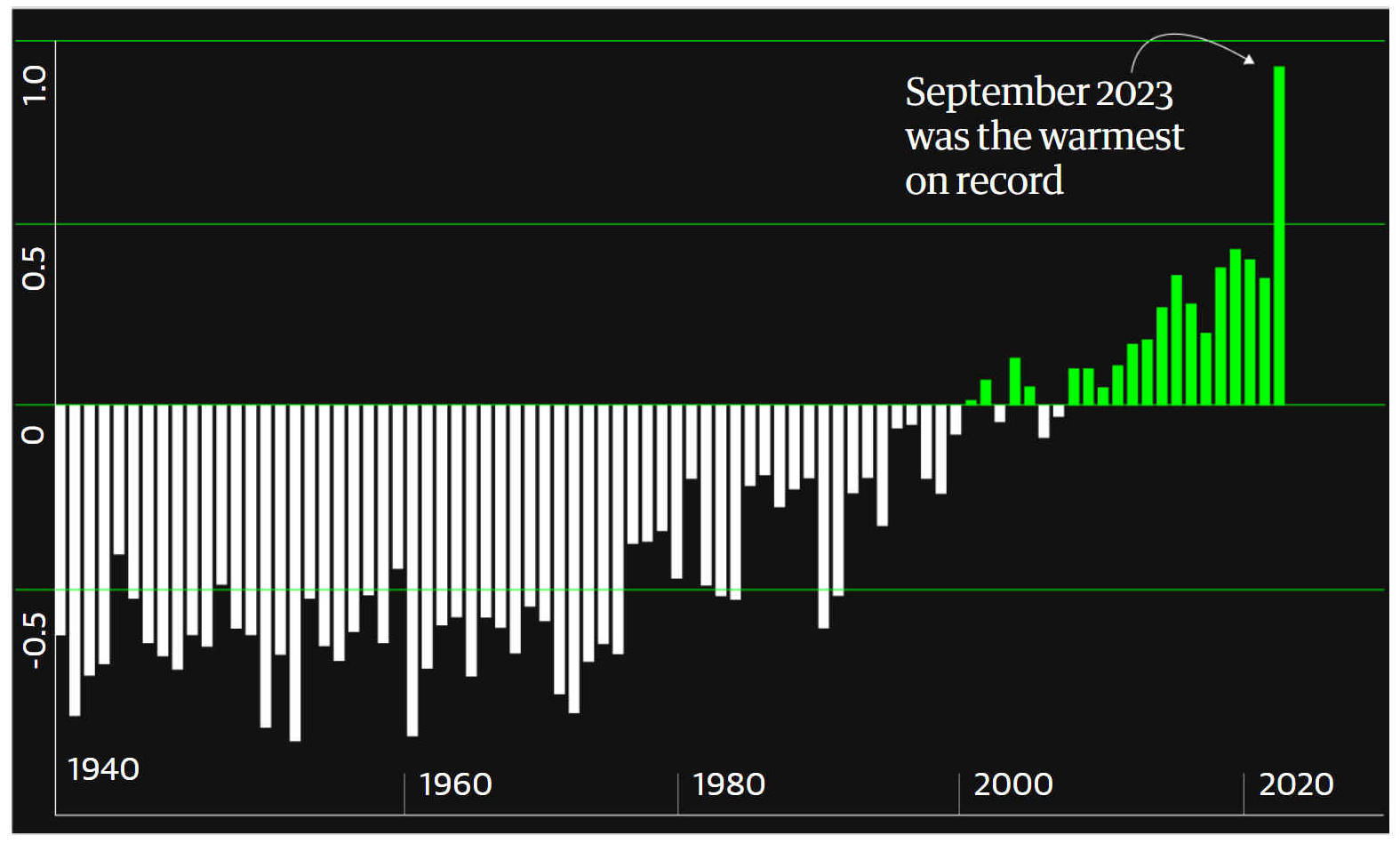
WHAT
HAPPENED AT COP 28 - The rate of temperature rise is way out of control,
with countries like India, increasing
oil production, instead of investing in clean electricity. Narendra
Modi may be banking on the fact this his country is used to higher
temperatures, so may be able to brave the scorched earth that his
policies appear to be creating. India is also addicted to coal, so well
and truly satiated with fossil fools. Sanctions should be applied to
anyone employing Fordist: Red
Growth tactics. China has been going at it bull-at-a-gate. Also,
teetering economically with massive default on loans, from unsustainable
property development schemes.
THE COMMONWEALTH OF AUSTRALIA - EMPIRE & SLAVERY TIES
The prime minister of Australia is the head of government of the Commonwealth of Australia. The prime minister heads the executive branch of the federal government of Australia and is also accountable to federal parliament under the principles of responsible government. The current prime minister is Anthony Albanese of the Australian Labor Party, who became prime minister on 23 May 2022.
Formally appointed by the governor-general, the role and duties of the prime minister are not described by the Australian constitution but rather defined by constitutional convention deriving from the Westminster system. To become prime minister, a politician should be able to command the confidence of the House of Representatives. As such, the prime minister is typically the leader of the majority party or coalition. Prime ministers do not have a set duration or number of terms, but an individual's term generally ends when their political party loses a federal election, or they lose or relinquish the leadership of their party.
Executive power is formally vested in the monarch and exercised by the governor-general on advice from government ministers, who are nominated by the prime minister and form the Federal Executive Council. The most senior ministers form the federal cabinet, which the prime minister chairs. The prime minister also heads the National Cabinet and the National Security Committee. Administrative support is provided by the Department of the Prime Minister and Cabinet. The prime minister has two official residences: The Lodge in Canberra and Kirribilli House in Sydney, as well as an office at Parliament House.
Thirty-one people have served as prime minister, the first of whom was Edmund Barton taking office on 1 January 1901 following federation of the British colonies in Australia. The longest-serving prime minister was Robert Menzies, who served over 18 years, and the shortest-serving was Frank Forde, who served one week. There is no legislated line of succession, however convention determines that the governor-general shall commission the deputy prime minister on a caretaker basis in the event of a vacancy.
DUBAI,
UAE
COP
28 takes over the climate change
baton from COP 27
at Egypt’s Sharm El Sheikh city. The twenty-eighth Conference of the
Parties is due to take place from 30th November to 12th December
2023 at the Expo City, Dubai, United Arab Emirates, UAE.
It
is the wealthy billionaires
who are giving nothing back. With politicians in the pockets of those
contributing to party funds, to keep a dysfunctional system going.
Hence, apart from a $Green-Dollar, we may also need a Wealth
Tax. With such taxes going to pay off national debts, 100%
transparently, and corruption free. If all countries unanimously
declared a debt Moratorium, with each of them devaluing their currency,
we'd have an inflation free world. Provided, that those doing so,
stopped building:
1.
Houses that reek of CO2.
2.
Cars and trucks that pump toxic gases into the atmosphere
3.
Ships that pollute the air
4.
Factories that swallow energy like there is no tomorrow
And,
immediately:
5.
Ban coal for domestic and export energy production
6.
Embark on a wind turbine and PV farm building programme
7.
Engage more proactively in electric and hydrogen infrastructure.
8.
Plant more trees in sustainable fashion to exceed use threefold
9.
Monitor politicians and civil servants for bribes and favours using
anti-money laundering algorithms
10.
Signed up to a $Green or $Agri dollar, index linked to sustainable food
and energy production
It
won't happen of course. Because the World
Bank and International
Monetary Fund (IMF) are the greed driven culprits, who have
engineered the present climate crisis, in fueling kleptocratic empire
building. Instead of cautious restraint.

INTERNATIONAL
FINANCIAL MORATORIUM - Why not just cancel all debts, in return for
pledges not to build any more houses, factories, vehicles and vessels,
that are not 100% zero emission. The banks do not need the money - and
it is only paper. They are the drivers of global warming. Just stop the
clock! With Natioanal Debts cancelled, and all currency index linked to
an $Agri-Dollar, there will be zero inflation. At least, that is the
theory. But, we also need to hammer corruption in politics. Really and
truly tighten against procurement fraud and cash for favours.
Politicians would need to be digitally monitored 100% of the time,
measuring assets against income.
UAE announces diverse leadership team for COP28, that will run at Expo City Dubai from November 30–December 12, focused on raising global climate ambition.
The UAE will host COP28, the annual climate summit, at Expo City, Dubai, from 30th November - 12th December,
2023.
...
SIX
(SUGGESTED) STEPS TOWARD A COOLER PLANET - FOR ENLIGHTENED
NATIONS
1. TRANSPORT: Phase
out polluting vehicles. Governments aim to end the sale of new petrol,
and diesel vehicles
by 2040 but have no infrastructure plan to support such
ambition. Such infrastructure should exceed the performance of fossil
fuel filling stations, prolong EV battery
life and provide power grids with a measure of load leveling.
Any such system should seek to obviate the provision of
millions of fast charge points to include fuel
cell cars, where implementation could otherwise
prove to be a logistical nightmare. This may involve
international agreement as to energy storage format and
statute to steer OEM vehicle makers to collaborate as to
future proofing, to include green
hydrogen.
Marine
transport can be carbon
neutral given the right
policy incentives, with
phased transition in specific stages such as not to unduly
penalize present investment in LNG shipping
and other recent MARPOL compliant IC powered
vessels. Future cargo vessel should be at least in part
powered by renewable solar
and/or wind energy, on the road to zero
carbon, making allowances for technology
catch-up. A scrappage
scheme might encourage fleet operators to accelerate
shipping upgrades, and a fund for radical innovation that
would not otherwise qualify under in-situ programmes (such as Horizon
Europe) might be introduced - with fast-track, reduced,
form-filling and open-loop decision making, such that
applications may be tweaked rather than struck out.
Air travel
powered by kerosene should attract hefty mitigation offset,
where low carbon alternatives should be encouraged such as electric
air transport.
2. RENEWABLES: Renewable
energy should replace carbon-based fuels
(coal, oil and gas)
in our electricity for homes, factories, heating and
transport. Coal and nuclear
power plants should be phased out.
3. HOUSING: On
site micro or macro generation is the best option, starting
with new build homes that are both affordable and sustainable
by design to replace crumbling housing stocks. Encourage
building in timber to
provide carbon lock from a renewable natural resource.
Planning policies should be updated to outlaw unsustainable
development, with harsh financial penalties for kleptocratic
local authorities, especially those with a history of corrupt
practices (from historic similar fact evidence files).
4. AGRICULTURE: We
need to grow more trees to
absorb carbon emissions from a growing
population, unregulated/unrestricted air
travel. New homes should be timber where practical as a
priority. We should
promote reductions in food waste and the eating of foods that use
less energy to produce. Educate children on these matters in schools and
via campaigns such as no
meat Mondays, should be part of ordinary
study. Polluted fish from fisheries, might be replaced with
fish farmed by aquaculture inland, rather than risk carcinogens
from our seas.
5. INDUSTRY: Factories
should be aiming for solar heating and onsite renewable energy generation.
EV parking and even service facilities should be part of new
industrial estates as part of any building permissions - with
subsidies or tax reductions as incentives to property
developers.
6. POLITICS:
- National governing bodies need to
adopt rules to eliminate administrative wastages, to include
scaling down spending on (showboat) war machines, increasing spend on
educating the public and supporting sustainable social
policies that mesh with other cultures. This includes
fostering policies and making funds available to close links
in the technology chain to make up for lost time. Kleptocratic empire
building must cease in the search for natural
equilibrium. Most important of all, corruption
must cease in favour of 100% transparency, with politicians, civil
servants and procurement contracts, the subject of anti-money-laundering
computer checks, using the same algorithms to combat terrorism. Because,
corruption is the enemy of a truly sustainable Circular
Economy, otherwise known as Blue
Growth Economics.
COP
OUT
DIRTY DOZEN - IN ORDER OF CO2, METHANE GLOBAL % VOLUME
& COAL FIRED INSANITY
|
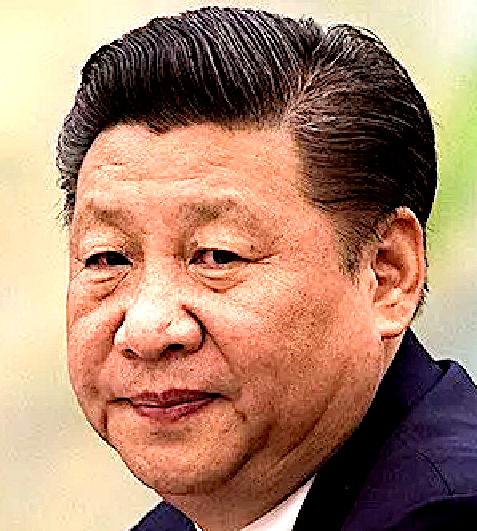
Chinese
President
Xi
Jinping
|
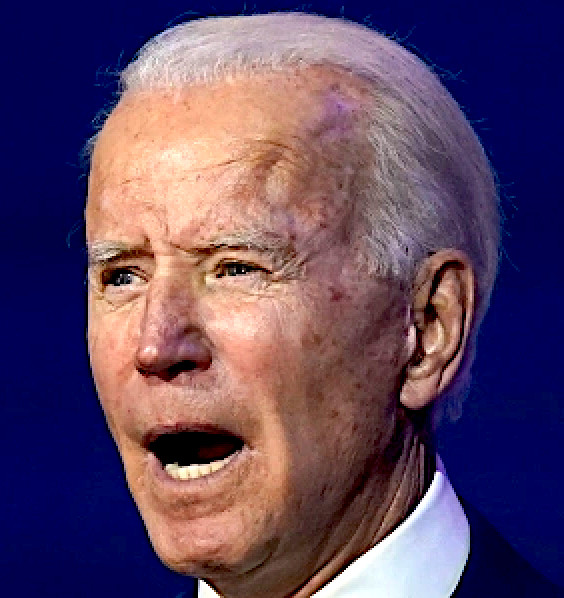
US
President
Joe
Biden
|
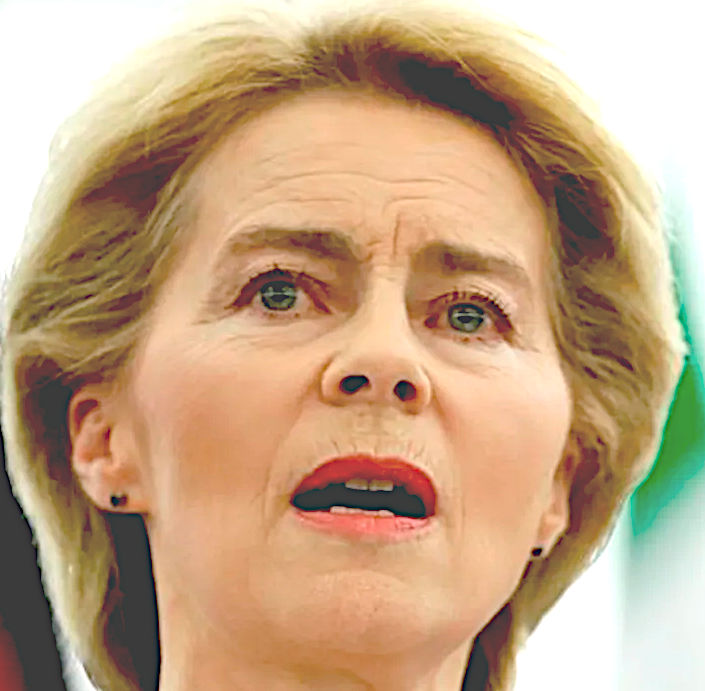
EU
President
Ursula
von der Leyen
|
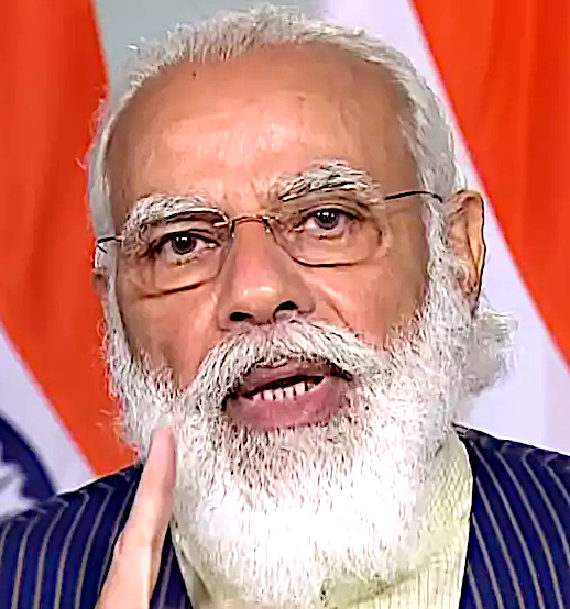
Indian
PM (Russian Ally?)
Narendra
Modi
|
|
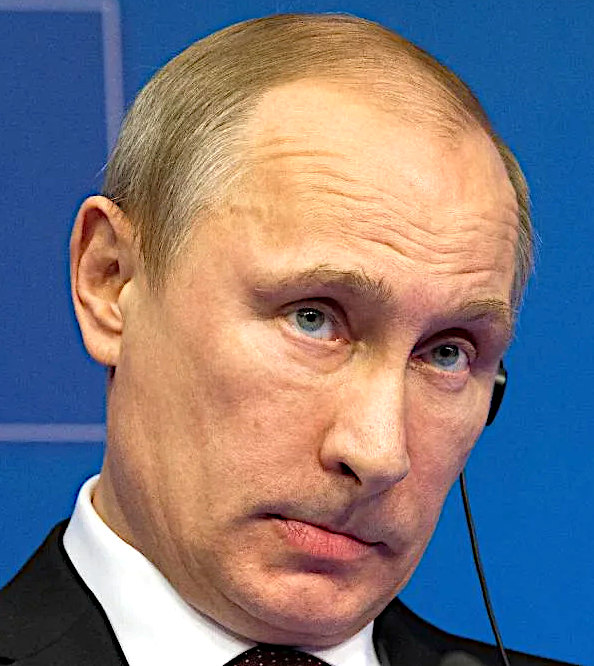
Vladimir
Putin (War Criminal)
Russian
PM
|
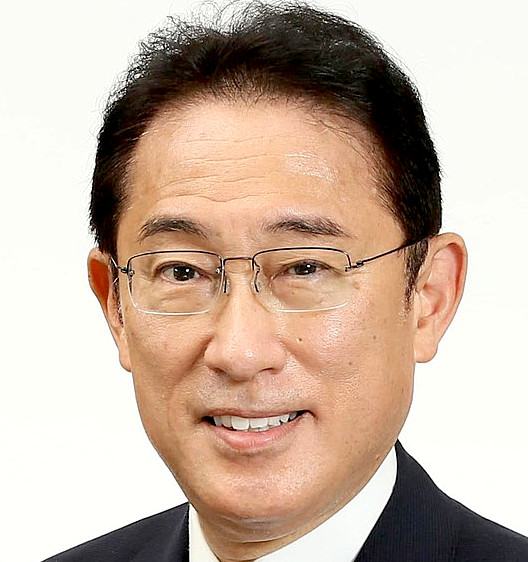
Japanese
PM
Fumio Kishida
|
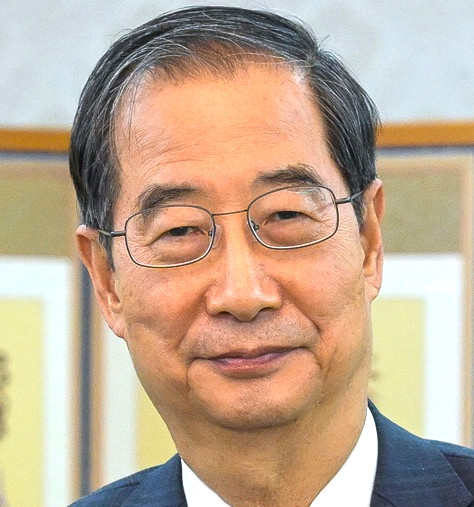
Han
Duck-soo
South
Korean PM
|
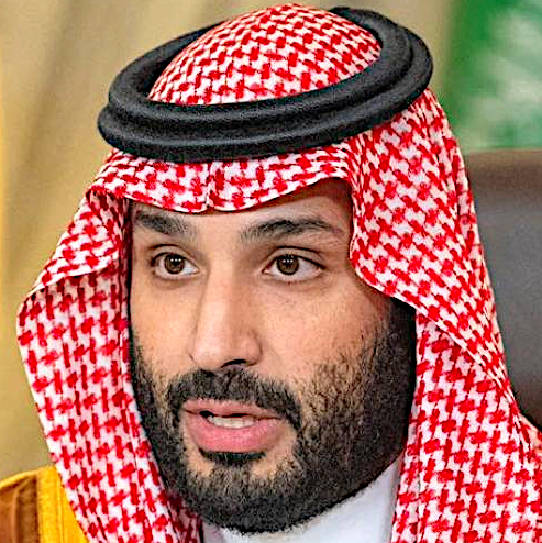
Mohammed bin Salman
Saudi
Arabian Crown Prince
|
|
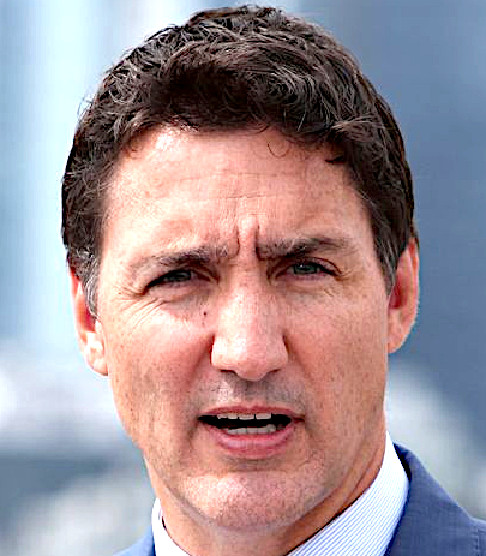
Justin
Trudeau
Canadian
PM
|
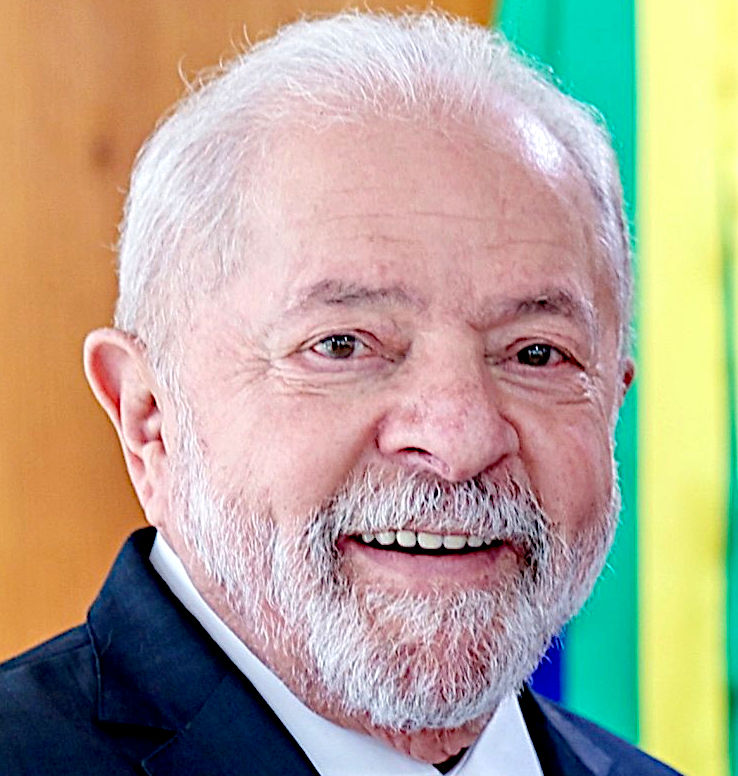
Luiz Inácio Lula da Silva
Brazilian
PM
|
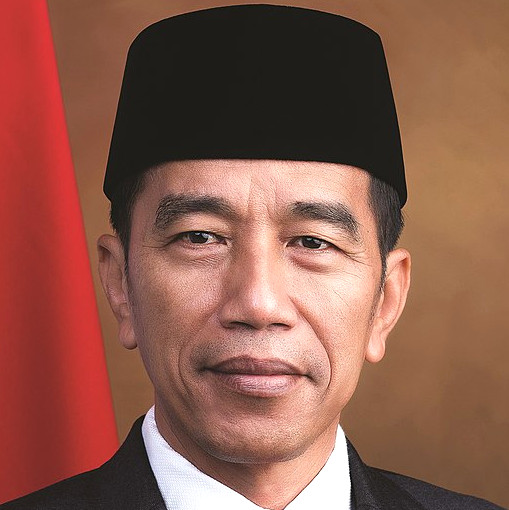
Joko Widodo
Indonesian
President
|
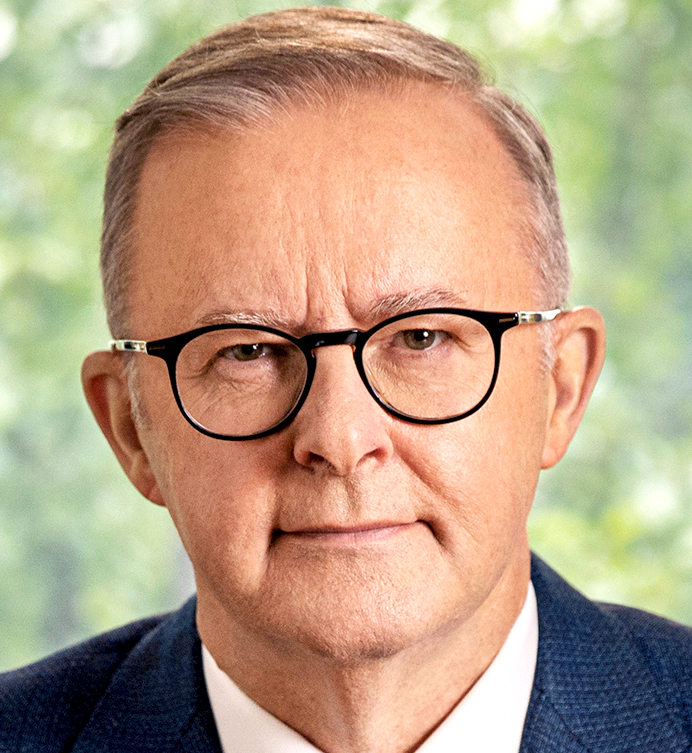
Anthony
Albanese
Australian
PM
|
1995 COP
1,
BERLIN, GERMANY
1996 COP
2, GENEVA, SWITZERLAND
1997 COP
3, KYOTO, JAPAN
1998 COP
4, BUENOS AIRES, ARGENTINA
1999 COP
5, BONN, GERMANY
2000:COP
6, THE HAGUE, NETHERLANDS
2001 COP
7, MARRAKECH, MOROCCO
2002 COP
8, NEW DELHI, INDIA
2003 COP
9, MILAN, ITALY
2004 COP
10, BUENOS AIRES, ARGENTINA
2005 COP
11/CMP 1, MONTREAL, CANADA
2006 COP
12/CMP 2, NAIROBI, KENYA
2007 COP
13/CMP 3, BALI, INDONESIA
2008 COP
14/CMP 4, POZNAN, POLAND
2009
COP 15/CMP 5, COPENHAGEN, DENMARK
2010 COP
16/CMP 6, CANCUN, MEXICO
2011 COP
17/CMP 7, DURBAN, SOUTH AFRICA
2012 COP
18/CMP 8, DOHA, QATAR
2013 COP
19/CMP 9, WARSAW, POLAND
2014 COP
20/CMP 10, LIMA, PERU
2015 COP
21/CMP 11, Paris, France
2016 COP
22/CMP 12/CMA 1, Marrakech, Morocco
2017 COP
23/CMP 13/CMA 2, Bonn, Germany
2018 COP
24/CMP 14/CMA 3, Katowice, Poland
2019 COP
25/CMP 15/CMA 4, Santiago, Chile
2020
COP 26/CMP 16/CMA 5, Glasgow, Scotland
2021
COP 26/ Glasgow, Scotland 1-12 November
2022
COP 27/ Sharm El-Sheikh, Egypt, 6-18 November
2023
COP 28/ Expo City, Dubai, UAE, 30 Nov - 12 Dec
2024
COP 29/ Absheron, Baku, Azerbaijan 11 - 24 November
DESERTIFICATION
COP HISTORY
|
COP
1:
Rome, Italy, 29 Sept to 10 Oct 1997
|
COP
9: Buenos Aires, Argentina, 21 Sept to 2 Oct
2009
|
|
COP
2: Dakar, Senegal, 30 Nov to 11 Dec 1998
|
COP
10: Changwon, South Korea, 10 to 20 Oct 2011
|
|
COP
3: Recife, Brazil, 15 to 26 Nov 1999
|
COP
11: Windhoek, Namibia, 16 to 27 Sept 2013
|
|
COP
4: Bonn, Germany, 11 to 22 Dec 2000
|
COP
12: Ankara, Turkey, 12 to 23 Oct 2015
|
|
COP
5: Geneva, Switzerland, 1 to 12 Oct 2001
|
COP
13: Ordos City, China, 6 to 16 Sept 2017
|
|
COP
6: Havana, Cuba, 25 August to 5 Sept 2003
|
COP
14: New Delhi, India, 2 to 13 Sept 2019
|
|
COP
7: Nairobi, Kenya, 17 to 28 Oct 2005
|
COP
15: 2020
|
|
COP
8: Madrid, Spain, 3 to 14 Sept 2007
|
COP
16: 2021
|
BIODIVERSITY
COP HISTORY
|
COP
1:
1994 Nassau, Bahamas, Nov & Dec
|
COP
8: 2006 Curitiba, Brazil, 8 Mar
|
|
COP
2: 1995 Jakarta, Indonesia, Nov
|
COP
9: 2008 Bonn, Germany, May
|
|
COP
3: 1996 Buenos Aires, Argentina, Nov
|
COP
10: 2010 Nagoya, Japan, Oct
|
|
COP
4: 1998 Bratislava, Slovakia, May
|
COP
11: 2012 Hyderabad, India
|
|
EXCOP:
1999 Cartagena, Colombia, Feb
|
COP
12: 2014 Pyeongchang, Republic of Korea, Oct
|
|
COP
5: 2000 Nairobi, Kenya, May
|
COP
13: 2016 Cancun, Mexico, 2 to 17 Dec
|
|
COP
6: 2002 The Hague, Netherlands, April
|
COP
14: 2018 Sharm El-Sheikh, Egypt, 17 to 29
Nov
|
|
COP
7: 2004 Kuala Lumpur, Malaysia, Feb
|
COP
15: 2020 Kunming, Yunnan, China
|
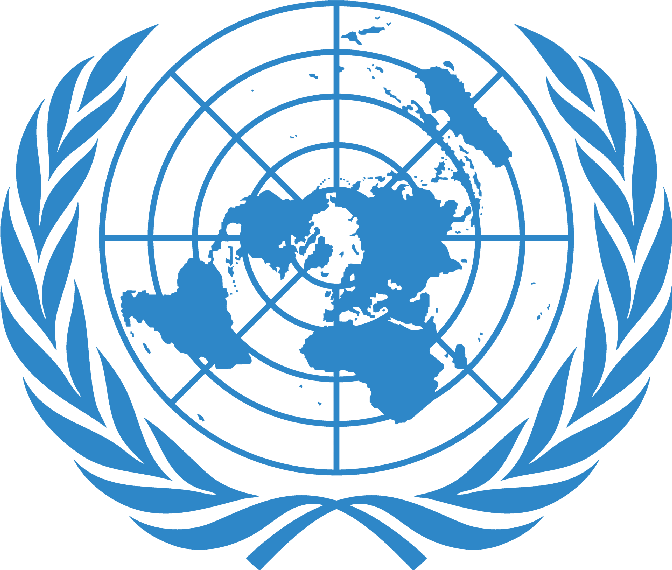
CONTACTS
Floor 3
2 America Square,
London EC3N 2LU
United Kingdom
TEL: +44 (0)20 7871 0173
FAX: +44 (0)20 7871 0101
info@climateactionprogramme.org
https://www.energyconnects.com/opinion/features/2023/january/dr-sultan-al-jaber-appointed-cop28-uae-president-designate/
https://carsandyachts.com/trending/40-of-the-most-bizarre-things-you-would-only-ever-find-in-the-emirate-of-dubai-story
http://www.climateactionprogramme.org














